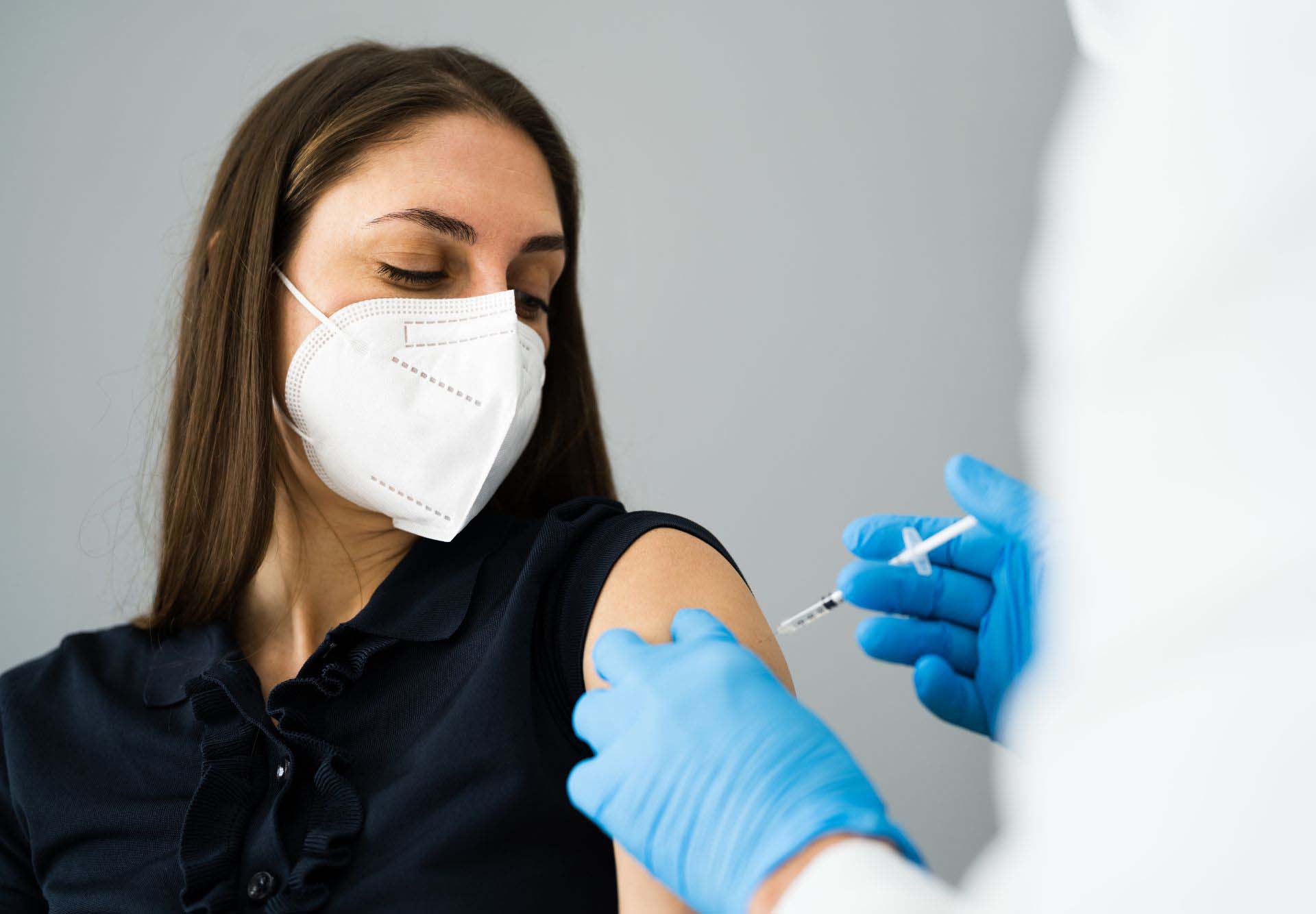Many expectant mothers are questioning the safety of receiving the Covid-19 vaccine during pregnancy. The consensus is that it is indeed safe.
Recent guidelines from prominent health organizations such as the Centers for Disease Control and Prevention (CDC) and the American College of Obstetricians and Gynecologists (ACOG) recommend that all pregnant women should get the COVID-19 vaccine.
Pregnant individuals face a higher risk of experiencing severe symptoms from a COVID-19 infection. Extensive data from tens of thousands of pregnant individuals who have been vaccinated against COVID-19 indicates that the vaccine is both safe and effective.
Safety Information Regarding Pregnancy and the COVID-19 Vaccine
 *Image source: Unsplash/Pixelbay/Pexels
*Image source: Unsplash/Pixelbay/Pexels
Initial clinical trials for the Pfizer, Moderna, and Johnson & Johnson (J&J) vaccines, currently authorized in the United States, did not initially include pregnant women. However, ongoing monitoring of pregnant individuals who have received the COVID-19 vaccine suggests that it is safe for use during pregnancy.
Studies analyzing data from the V-safe surveillance system by the CDC and reports from the Vaccine Adverse Event Reporting System, published in the New England Journal of Medicine, found no increased risks of pregnancy or neonatal complications among the 35,691 pregnant women who received an mRNA vaccine in 2021, such as those developed by Pfizer or Moderna.
 *Image source: Pexels/Pixelbay/Unsplash
*Image source: Pexels/Pixelbay/Unsplash
Research published in Obstetrics & Gynecology indicates that pregnant individuals who received the Pfizer or Moderna vaccines between 22 and 70 days before conception showed no adverse effects on the placenta. While fewer studies have focused on pregnant women who received the J&J vaccine, the CDC states that other vaccines with similar immune-stimulating components pose no additional risks to either the mother or the baby.
 *Image source: Pexels/Unsplash/Pixelbay
*Image source: Pexels/Unsplash/Pixelbay
Major pharmaceutical companies like Pfizer, Moderna, and J&J are currently conducting early-stage safety trials involving pregnant women. These studies aim to contribute valuable evidence supporting the safety of vaccination for pregnant individuals and to determine if the immune response generated is comparable to that in non-pregnant individuals.
Vaccines to Avoid During Pregnancy
Certain vaccines may be safer for pregnant women compared to others. Expert committees in obstetrics, pediatrics, infectious diseases, and ethics review available data to assess the suitability of different vaccines.
 *Image source: Unsplash/Pixelbay/Pexels
*Image source: Unsplash/Pixelbay/Pexels
Based on current safety data, the benefits of all three COVID-19 vaccines outweigh any potential risks. Therefore, both the CDC and ACOG recommend their use during pregnancy. While the J&J vaccine is generally considered safe, there is a slight risk of thrombocytopenia. Pregnant women are advised to consult with their healthcare providers regarding the Pfizer and Moderna vaccines.
Benefits of the COVID-19 Vaccine During Pregnancy
It is crucial not to underestimate the risks posed to both the mother and the baby by a COVID-19 infection if the pregnant individual remains unvaccinated or lacks access to an effective vaccine.
 *Image source: Pixelbay/Pexels/Unsplash
*Image source: Pixelbay/Pexels/Unsplash
Research suggests that pregnant women and their babies are at a heightened risk of contracting COVID-19. Pregnant individuals infected with the virus are more likely to experience severe symptoms, hospitalization, or the need for a ventilator compared to non-pregnant individuals. Additionally, pregnant individuals with COVID-19 symptoms have an increased risk of developing conditions like preeclampsia, requiring critical care, or facing mortality.
Babies born to mothers with COVID-19 are at a higher risk of premature birth, cesarean delivery, and extended stays in the neonatal intensive care unit.
 *Image source: Unsplash/Pixelbay/Pexels
*Image source: Unsplash/Pixelbay/Pexels
All three COVID-19 vaccines available in the United States have demonstrated effectiveness against the prevalent Delta variant. While breakthrough infections can occur in vaccinated individuals, the symptoms are typically milder.
Research indicates that the virus-fighting antibodies present in a vaccinated pregnant woman’s blood and breast milk can be passed on to their offspring. This underscores the importance of vaccination in safeguarding both the mother and the baby as the pandemic evolves and more transmissible variants emerge.
Considerations for the Future
 *Image source: Pexels/Pixelbay/Unsplash
*Image source: Pexels/Pixelbay/Unsplash
During pregnancy, it is natural to have concerns about the safety of various aspects, including food and vaccinations. Scientists are actively researching the effectiveness of the COVID-19 vaccine in pregnant individuals. Early findings suggest minimal risks associated with vaccination during pregnancy, whereas significant risks are linked to contracting the virus. However, further research on individual vaccines is warranted. If you are pregnant or planning to conceive, consult your healthcare provider to determine the most suitable FDA-recommended vaccine for you.
Explore related insightful articles: Must Knows About BA.2 and Pregnancy, Pregnancy and the Delta Variant: What You Need To Know, Navigating Pregnancy and Parenthood in Covid-19 Era

